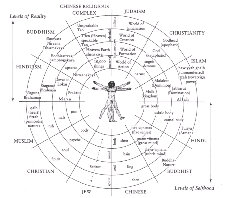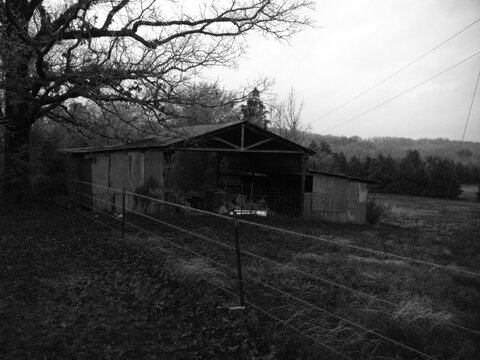. . .what do all these apparently distinct phenomena have in common, beyond the stigma of "subjective states" or "paranormal function" imposed on them by the scientific orthodoxy? Although not evident at first glance, there is a remarkable common feature that emerges from their study, and it is simply this: that in questioning their underlying mechanism, one is forced, sooner or later, to recognize the fluid nature of individual boundaries. If one's personality can be dramatically affected by "memories" which could not have possibly originated in the present life; if a trained person can successfully remote view complex physical targets, the emotions of people present at the site, and past or future events including their cognitive context; if our dream experiences can reflect the contents of another human being's simultaneous circumstances or deliberate intent; and if our minds can collectively create such a powerful constructive interference that distant RNGs are capable of detecting it - then how do we decide where one mind ends and another begins? Is is reasonable to believe that telepathy, remote viewing, pre-cognition, reincarnation memories and similar experiences are based on one consciousness mode (non-local in space and time) while our common, waking mind is the emergent product of brain activity? And if we choose to believe that all consciousness is non-local - that it can survive separation from bodily functions - then what can we conclude about the substrate of our individual memories and the limits of the self? What is the role of the brain, beyond a local motor control unit? Clinical amnesia cases suggest that memories can be intactly stored, but non-retrievable. Could the same be one day extended to a vast range of mental experiences - such as dream material and past life events? If what we are is dictated by our memories, then how do we draw the line between experiences acquired via "normal", sensory means, and those we access mentally, such as reincarnation-type data or the rare but powerful remote viewing bi-location event?


 I liked your last one - this one, not so much (contrast). May we vote?
I liked your last one - this one, not so much (contrast). May we vote? 



 Da udder one
Da udder one 